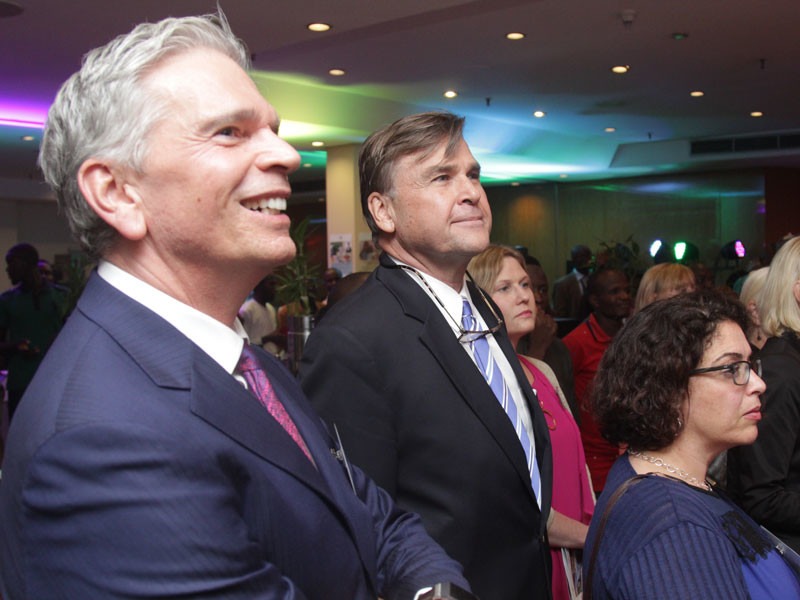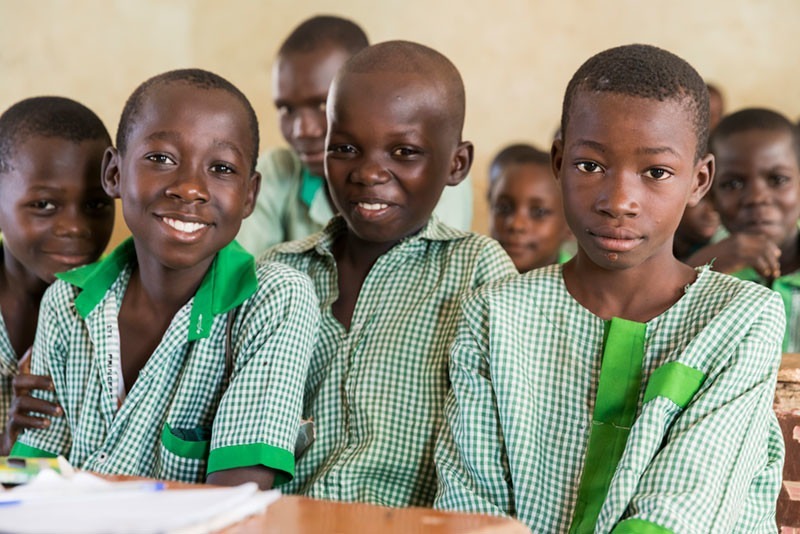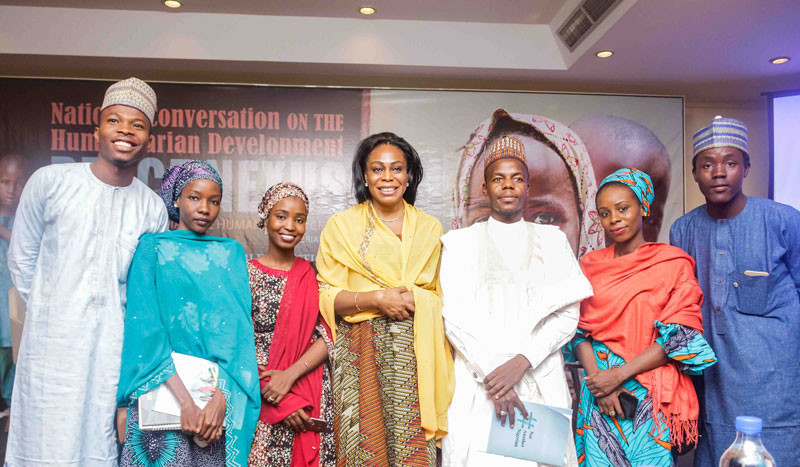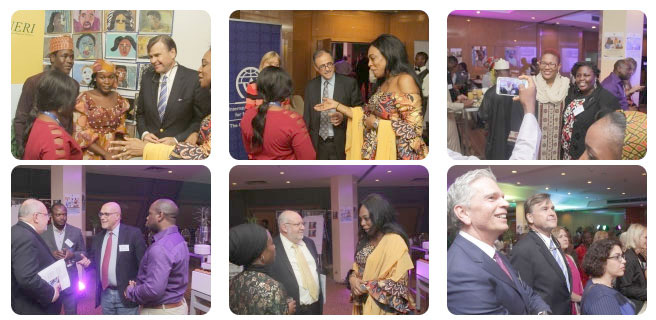A coordinated push toward peace and development in Nigeria
By Evelyn RupertJune 12, 2018
To address intertwined crises affecting millions of Nigerians, the country must bridge humanitarian assistance, peacebuilding and long-term sustainable development, according to local, regional and international leaders at a high-level dialogue event in Abuja.

Called “Humanitarian Development Peace Nexus,” the June 4 to 8, 2018, event was organized by the Emergency Coordination Centre in partnership with the World Bank and under the auspices of the Ministry of Budget and National Planning. It was attended by more than 200 people.
Speaking at two different sessions, Creative Executive Vice President for Programs Earl Gast discussed the role of the private sector in development and the opportunities and challenges of connecting and balancing development and humanitarian goals.
As an expert on Africa, Gast explained to the audience that holistic, locally led programming built upon strong partnerships is essential for the Nigerian government and communities in the North East to move forward in the wake of destruction by Boko Haram, a 10-year insurgency that has killed tens of thousands of people displaced more than 2 million.
“Nigeria’s challenges in education and stabilization of conflict areas can be overcome,” Gast said. “It will require a coordinated effort among all stakeholders who share a common set of goals.”
During other panel sessions and a gallery walk showcasing successful development programs, attendees learned about existing projects and examined best practices, two programs implemented by Creative and funded by the U.S. Agency for International Development.
“Creative has been fortunate to be working in Nigeria for more than 14 years and has an excellent network of local organizations, respect among government agencies and the trust of international donors,” Gast said. “Creative is committed to building local capacity and transitioning proven development programs to these communities.”

Promoting literacy at home
In schools and learning centers, the Northern Education Initiative Plus program seeks to improve access and quality of education and increase literacy for millions of Nigerian children in Bauchi and Sokoto states. Funded by USAID, Northern Education Initiative Plus is a five-year program.
An integral part of the program engages parents and the community to support reading at home. At the event, audiences saw that goal in action with the screening of two short films that encourage a culture of reading. They are part of a package of seven videos.
These locally produced films tell the stories of parents with little or no literacy who are nonetheless encouraging their children to read, a young girl who often misses out on education because of poor hygiene at her school and communities working together to improve education for their local children.
“These dramas are focused on an audience that you find in a rural village in Northern Nigeria, and they are designed to help explain and encourage the community to take responsibility for the children and for their learning, and for the parents to enroll and keep their children in school,” remarked NEI Plus Chief of Party James Statman.
Building collaboration
The Humanitarian Development Peace Nexus event sought to emphasize planning, coordination and delivery of humanitarian and development programs and find practical solutions to the region’s complex challenges. It is the latest step forward in the larger Nigerian conversation about how to address the multi-faceted crises in the North East and elsewhere effectively, responsibly and sustainably.
By creating an environment in which issues of youth and violent extremism, health, food security, the private sector, peacebuilding, gender and more come together, the Nexus event advanced the dialogue among different groups and strengthened collaboration.
In the closing ceremony, Nigeria Chief Humanitarian Coordinator Ayoade Alakija said the conversation will lay the groundwork for a multi-year strategy moving forward.
“It has been made quite clear that the meeting was not only timely, but also desperately needed,” she said. “This Nigeria-led led national conversation on the humanitarian development peace nexus beyond the North East humanitarian crisis is the first of its kind in keeping with the new way of working as local as possible as international as necessary.”

Youth and media for peace
Peacebuilders and advocates gathered June 4 to discuss how social media is an effective tool when countering the messages of violent organizations, such as Boko Haram and the Islamic State in West Africa.
Organized by the USAID-funded North East Regional Initiative, panelists agreed that social media is the key to engaging youth in countering violent extremism.
“Passion is what drives the youth to continue to speak even in the face of challenges and threats from extremist groups,” one panelist said. “Youth have a voice and can be very influential in raising counter narratives in the battle against violent extremism.”
Youth are driving conversations on peace, reintegration of former fighters, gender inclusion and more, the panelists agreed.
The Nigeria Regional Transition Initiative, funded by USAID’s Office of Transition Initiatives, aims to increase stability and legitimate governance in the region by countering violent extremist groups.
Through the North East Intellectual Entrepreneurship Fellowship, the program has trained 45 youth advocates on how to use social media to counter violent extremist narratives and disrupt a key entry point for extremist recruitment. A video profile of Fellow Habu Kale was shown to the audience.
The fellows’ social media accounts and use of the #NotAnotherNigerian hashtag have reached millions of users over the past year and aim to raise awareness worldwide about conflict in the North East.
Want to see more from the Nexus event? Click here for a photo slideshow.
With reporting from Boco Abdul and Zainab Shaibu in Abuja, Nigeria.


